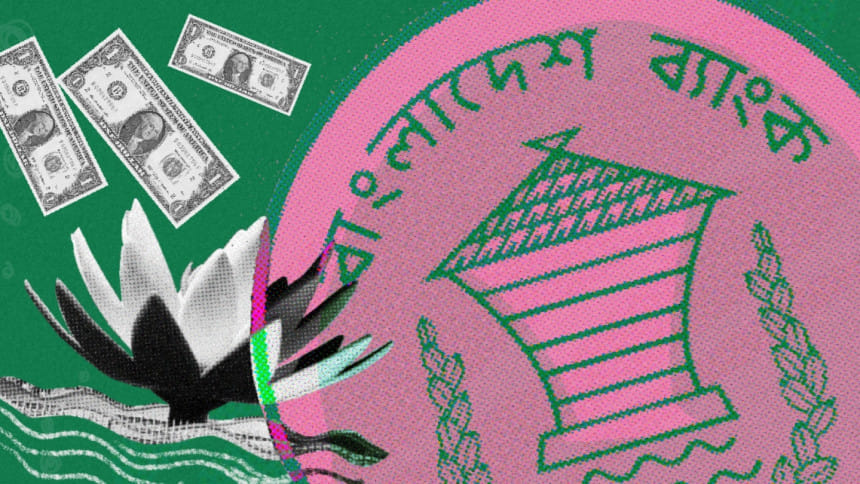
Bankers are dreading a big drop in their profits as their defaulted loans are likely to increase further due to the curfew and the five-day internet blackout.
The defaulted loans are likely to increase further as business people are suffering due to the ongoing unrest, said Naser Ezaz Bijoy, chief executive officer (CEO) of Standard Chartered Bangladesh.
At the end of March, total defaulted loans stood at a record Tk 182,295 crore, which is 11.10 percent of total disbursed credit, as per the latest published data of the central bank.
However, the actual volume of bad loans is at least three times the central bank figure, according to industry insiders.
Inflation may also increase in the coming days, Bijoy said.
Average inflation overshot the government’s target of 7.5 percent in fiscal 2023-24; it stood at 9.73 percent.
“Not only was infrastructure damaged due to the unrest, but it also damaged the country’s image — the country will face a confidence crisis with investors,” Bijoy said, adding that the priority now should be to bring the situation back to normal.
The bad loans will increase further as some business people have lost their capacity to repay the bank loans, said Anis A Khan, the former chairman of the Association of Bankers, Bangladesh Ltd (ABB), a platform of banks’ chief executive officers and managing directors.
Already, some export orders of the garment sector have been cancelled amid the weeklong unrest, he said.
Banks’ profitability will be impact adversely when they will have to keep higher provisioning for the higher bad loans, said Khan, also the former MD of Mutual Trust Bank.
There will be multiple effects on the banking sector and the overall economy because of the ongoing unrest, he said, adding that foreign investors will lose their trust in the country.
“It will be very difficult to rebuild the trust of foreign investors.”
The country’s economic capacity will be reduced because of infrastructural damage.
“There will be a need for incentive packages for business people but the government is facing a cash crisis of its own. So the overall economic situation is not so good,” Khan added.
Borrowers failed to repay the bank loans and other payments amid the internet blackout and curfew, which will adversely affect the banking sector alongside the bank’s profitability, said Mohammad Ali, managing director of Pubali Bank.
Last week, Bangladesh Bank instructed banks and non-bank financial institutions (NBFIS) to refrain from imposing fees or interest on delayed repayment of loan and saving scheme instalments and credit card bills between July 18 and July 25 if they clear their dues by the end of this month.
Banking services were stopped from 9 pm on July 18 for the countrywide internet blackout. From July 24, banking services were resumed on a limited scale, with many banks unable to conduct foreign transactions because of the slow internet.
“There is a lot of uncertainty regarding the economic situation in the coming days because of the recent unrest,” said Zahid Hussain, a former lead economist of the World Bank’s Dhaka office.
There will be a double blow to the economy compared with the Covid-19 pandemic period.
“One will be for the internet shutdown and the other will be for the nationwide curfew. This may adversely impact the country’s exports and imports,” he added.
Daily Star









